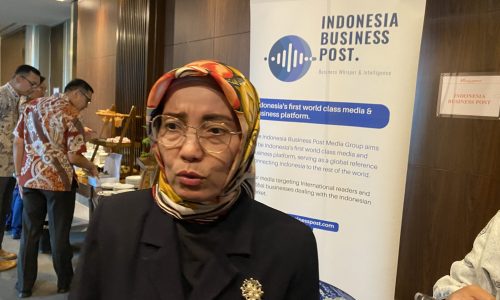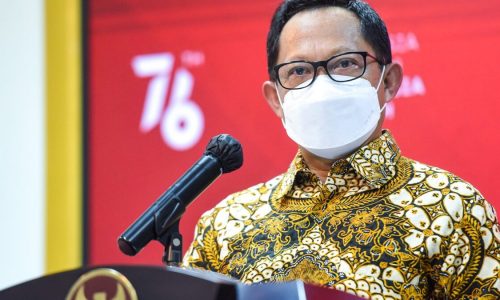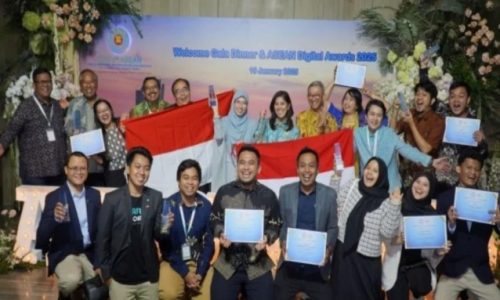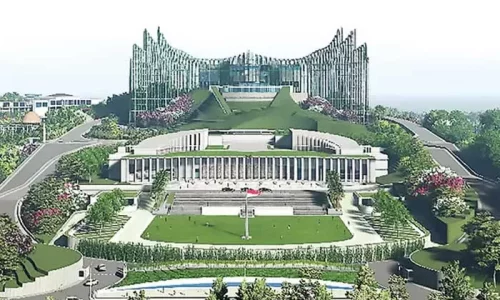A recent report indicates that the social commerce market for TikTok Shop is estimated to reach US$2.9 trillion globally by 2026, equivalent to around IDR 44,000 trillion. Meanwhile, e-commerce transactions in Indonesia are predicted to range from US$77 billion to US$130 billion by 2026.
Based on a study conducted by TikTok and the Boston Consulting Group (BCG) titled ‘Shoppertainment: APAC’s Trillion-Dollar Opportunity,’ the potential business of shoppertainment, including live streaming, in Indonesia is estimated to be US$27 billion, or approximately IDR 405 trillion, by 2025.
In the broader Asia-Pacific region, this figure could reach US$1 trillion. These statistics encompass various Asia-Pacific markets, including Indonesia, Thailand, Vietnam, Australia, South Korea, and Japan.
Izzudin Al Farras, a researcher at the Institute For Development of Economics and Finance (INDEF), noted that around 30 million Indonesians engaged in online transactions in 2021.
In defense of TikTok
In light of TikTok’s dominance in the realm of social commerce, Minister of Tourism and Creative Economy Sandiaga Uno disagreed with the idea of banning TikTok Shop’s operations in Indonesia.
On the other hand, Minister of Cooperatives and Small and Medium Enterprises (SMEs) Teten Masduki raised concerns about digital transformation, which he believed was undermining the traditional economy.
Sandiaga Uno mentioned that his ministry is collaborating with TikTok to promote products from SMEs. He emphasized that digital marketing has the potential to boost sales for businesses. “We are currently working on the regulations. What’s certain is that it can empower SMEs,” Sandiaga Uno said.
Lacking framework and national strategy
In response, Teten argued that the ministers lacked a clear framework for understanding digital transformation, as there is no national strategy in place.
He explained that digital transformation in Indonesia has primarily occurred in the commerce sector, specifically e-commerce, rather than in production.
Indonesian SMEs lack a robust and technology-driven supply chain. President Joko Widodo has long urged government ministries and the private sector to adopt technologies like artificial intelligence (AI) and the Internet of Things (IoT) to enhance production.
However, according to Teten, there has been no comprehensive plan on how digital technology can be applied to the national production system, manufacturing, agriculture, maritime, healthcare, and other sectors.
As a result, domestic production is losing to cheaper imported products due to their efficiency and quality.
“As a consequence, digital transformation in Indonesia isn’t creating a new economy; it’s merely eroding the old one. The economic pie isn’t growing, but the number of participants is increasing,” Teten added.
He cited the example of offline markets like Tanah Abang. Even though traders in these markets have expanded to online sales, they still struggle against imported products.
“Nearly 80% of sellers on online platforms offer imported products, mainly from China,” he noted.
Moreover, China’s economy is currently facing challenges, and Teten speculated that excess consumer goods from China are now being sold in ASEAN countries.
Teten believes that it’s already too late to regulate e-commerce and social commerce platforms comprehensively, which has resulted in Indonesia being dictated by global digital platforms. To address these issues, he argued that multiple policies, including investment, trade, and product standardization, need to be involved.









